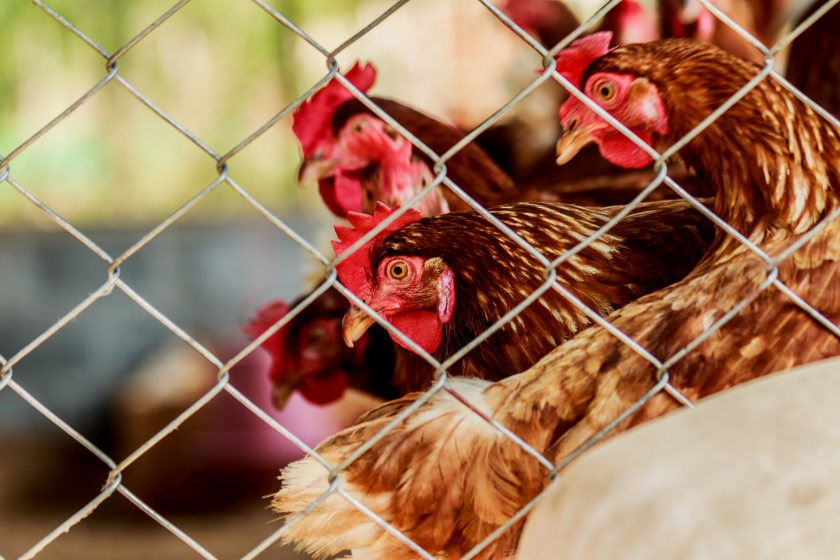
The government is extending mandatory housing measures in northern England to help prevent further outbreaks of highly pathogenic avian influenza.
Effective from Monday 7 April, farmers and keepers in Cumbria, County Durham, Northumberland, and Tyneside will be legally required to house their birds.
It comes amid a rising number of cases of avian influenza in wild birds, as well as new infections in commercial poultry and captive birds.
The extension is in addition to housing measures already in place in East Yorkshire, Hull, Lincolnshire, Norfolk, Suffolk, Shropshire, York, North Yorkshire, Herefordshire, Worcestershire, Cheshire, Merseyside and Lancashire.
The whole of Northern Ireland is also under a mandatory housing order due to an increase in outbreaks.
Farmers and keepers must also adhere to the strict biosecurity protocols set out under the Avian Influenza Prevention Zone (AIPZ), Defra said today (4 April).
UK deputy chief veterinary officer, Ele Brown said: “Due to the increasing number of bird flu cases in the north of England, particularly in regions with high-density poultry farming, we are extending housing measures.
“Keepers are urged to stay alert for any signs of disease, maintain strict biosecurity practices, and report any suspected cases of disease immediately to the Animal and Plant Health Agency.”
AIPZs mandating enhanced biosecurity are in place across all of the UK, applying to all keepers whether they have pet birds, commercial flocks or just a few in a backyard flock.
Defra said the AIPZ would be in place until further notice and will be kept under regular review as part of the government’s work to monitor the risks of avian influenza.
In a world first, the disease was recently confirmed in a sheep in Yorkshire following routine surveillance of livestock on a farm where avian influenza had previously been confirmed in captive birds.
